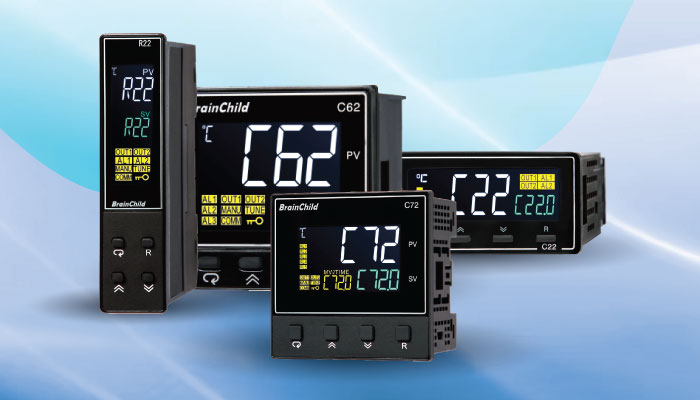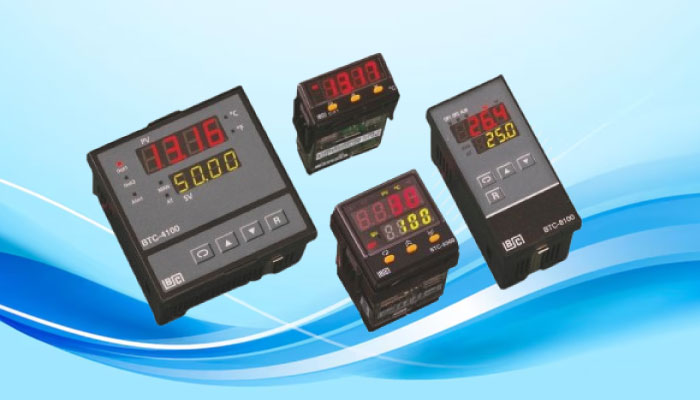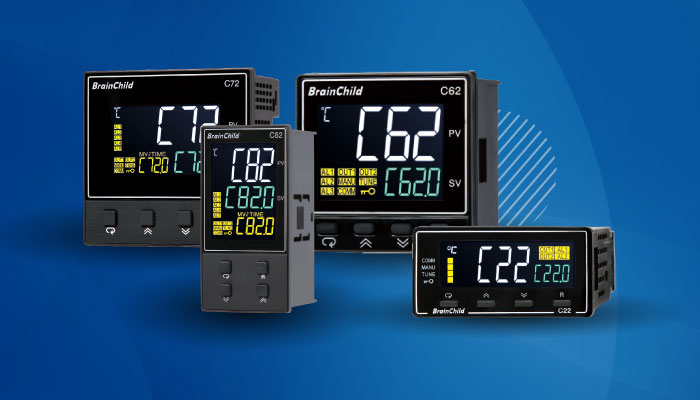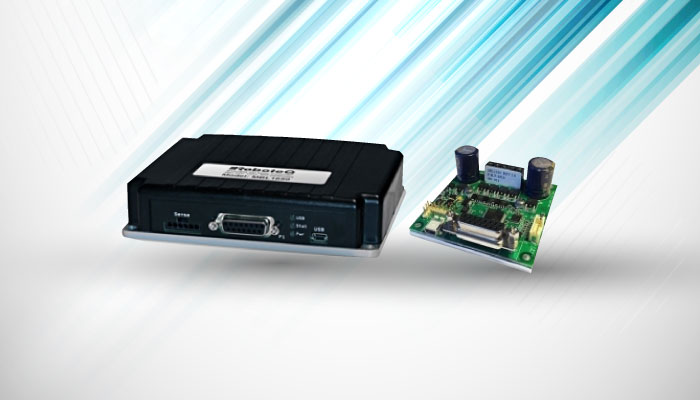PID Control The Heart of Automation Systems

Automation systems are at the heart of modern industrial processes, manufacturing, and various applications where precision, efficiency, and reliability are essential. These systems comprise a combination of hardware and software components designed to control and monitor different processes or tasks with minimal human intervention. Automation systems have transformed industries by enhancing productivity, reducing operational costs, ensuring consistent product quality, and improving safety.
In automation, precision and efficiency are important. At the core of this technological evolution lies a robust ensemble of process control instruments. These instruments, including the Process Indicator Controller, the precision-tuned PID Temperature Controller, and a host of Temperature Control Systems and Accessories, and many more form the backbone of modern industrial automation. They seamlessly integrate into the broader spectrum of controller control systems and industrial control systems, orchestrating a symphony of functions that optimize processes, enhance quality, and boost productivity. PID control plays a vital role in regulating and optimizing industrial processes, manufacturing, and many other applications.
Let us explore more about PID control, its indispensable role in achieving accuracy, stability, and efficiency, and how it, ensures seamless coordination between setpoints and real-world processes.
PID Controllers
Proportional-integral-derivative controllers are crucial in industrial automation and various applications for precise control. They consist of three key components:
- Proportional (P) Control: This component responds to the current error, the difference
between the desired setpoint and the process variable. - Integral (I) Control: It accumulates past errors, multiplies them by a constant (integral
gain), and helps eliminate steady-state errors. - Derivative (D) Control: This component anticipates the rate of error change, acts as
damping and prevents overshooting.
These PID controllers enhance control accuracy and stability in diverse processes.
The three components, P, I, and D, are combined to compute the control output.
PID controllers are used in various control systems, such as temperature control in industrial processes, speed control in motor drives, pressure regulation in HVAC systems, and many others. The key advantage of PID controllers is their adaptability to different control scenarios.
However, tuning PID controllers to optimize performance for a specific application can be a challenging task, as it often involves finding the right values for the proportional, integral, and derivative gains to achieve the desired control response.
PID controllers have been a cornerstone of control theory for many decades and continue to play a crucial role in modern automation and control systems, often in combination with advanced control strategies and technologies.
Importance of PID controllers in industrial control systems:
PID controllers are essential for industrial control systems, delivering precise regulation of critical process variables, enhancing efficiency, and ensuring system stability across a spectrum of industries.
- Precision Control: PID controllers excel at maintaining precise setpoints, ensuring high accuracy in various applications.
- Versatility: They are adaptable across a wide range of systems, from industrial processes to everyday applications like thermostats and cruise control.
- Stability: PID controllers provide system stability by minimizing oscillations, overshooting, and responding quickly to disturbances.
- Efficiency: They optimize processes, reduce energy consumption, and minimize resource waste in industrial settings.
- Reduced Human Intervention: PID controllers automate processes, reducing the need for constant human intervention, especially in critical applications.
- Consistency: They ensure production consistency, maintaining variables like temperature and pressure for higher product quality.
- Adaptive Control: PID controllers adapt to system changes and disturbances, making them suitable for dynamic environments.
- Cost-Effective: They offer a cost-effective balance between control performance and implementation cost.
In the industrial control system, PID controllers play a pivotal role in maintaining pressure within safe and efficient limits in manufacturing, ensuring a consistent flow of liquids or gases in water treatment and chemical processing, and preventing tank or reservoir overflows or underflows, thus ensuring seamless and reliable operations across various industrial processes.
- Temperature Control: Using a PID Temperature Controller is essential for achieving and maintaining precise temperatures in a wide range of industrial processes, including those involving ovens, furnaces, refrigeration units, and HVAC systems.
- Motor Control: Regulating electric motor speed and position in robotics and automation..
- pH Control: Maintaining solution pH levels in labs and chemical production.
- Biomedical: Ensuring safety and comfort in medical equipment like incubators and
anesthesia machines. - Energy Management: Optimizing energy use in buildings via HVAC and lighting
control. - Water Treatment: Maintaining water quality in wastewater treatment plants.
- Food Production: Ensuring precise temperature and quality control in food and beverage
manufacturing. - Automotive Manufacturing: Controlling processes like welding and assembly in
automotive production. - Renewable Energy: Optimizing power generation in wind turbines and solar panels.
- Chemical and Petrochemical: Regulating parameters in chemical reactions for product
quality and safety.
Conclusion
PID controllers are crucial in control and automation systems because they provide precise, stable, and versatile control solutions across a wide range of industries and applications. Their ability to adapt to dynamic conditions, reduce human intervention, and improve system efficiency makes them an essential tool for achieving desired control outcomes.
THETA CONTROLS offers various Industrial Control Systems, Process Control Instruments, Temperature Control Systems, and Accessories to ensure customer satisfaction in various industries. Our LCD PID Controllers offer a range of advanced features, including Heater Break Detection, Profile Controller, Multiple Event Inputs, Remote Setpoint, Auto Tuning, High Sampling Rate, and Bidirectional Menu Navigation, etc.
Discover how THETA CONTROLS LCD PID Controllers can enhance your control processes
and elevate your efficiency.


